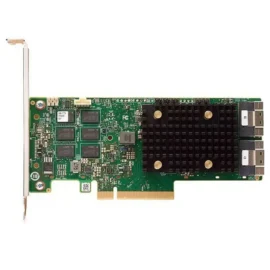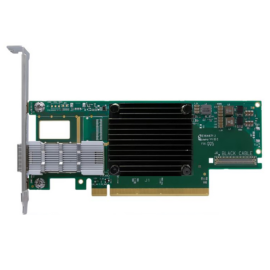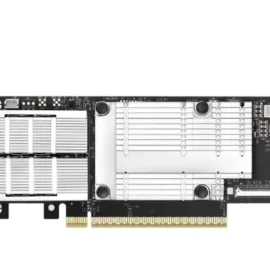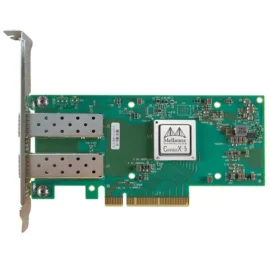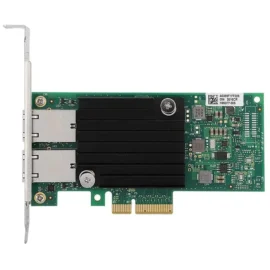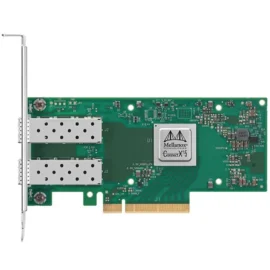In the realm of storage technology, Hard Disk Drives (HDDs) and Solid-State Drives (SSDs) stand as two prominent contenders, each offering unique advantages and catered applications. As the digital landscape evolves, understanding the differences between these storage solutions becomes increasingly crucial for consumers seeking optimal performance and reliability.

Table of Contents
ToggleWhat is HDD?
Hard Disk Drives (HDDs) have long been the stalwart of data storage in computing devices. These drives store data on spinning magnetic disks called platters, which are read and written to by an actuator arm with a magnetic head. The spinning platters and moving parts characterize traditional HDDs, making them susceptible to mechanical failure if mishandled or subjected to physical shock.
What is SSD?
In contrast, Solid-State Drives (SSDs) represent a newer, more advanced storage technology. SSDs use flash memory to store data, employing integrated circuits rather than mechanical components. This design eliminates the need for moving parts, resulting in faster data access speeds, lower latency, and improved durability compared to HDDs. SSDs are available in various form factors, including SATA, M.2, and PCIe, catering to different device types and usage scenarios.
What are the advantages of HDD over SSD?
Despite the rise of SSDs, HDDs continue to offer several distinct advantages:
- Cost per GB: HDDs generally offer more storage capacity per dollar compared to SSDs, making them preferable for storing large amounts of data economically.
- Longevity: In certain applications, HDDs may have a longer lifespan due to their robustness against a high number of read/write cycles over time.
- Compatibility: HDDs are widely compatible with older systems and are often more straightforward to integrate into existing hardware configurations.
Is SSD or HDD better for gaming?
When it comes to gaming performance, SSDs hold a significant edge over HDDs:
- Speed: SSDs offer faster loading times for games and reduced in-game loading screens due to their superior read/write speeds.
- Performance: Games that require frequent asset loading benefit from the low latency and quick access times of SSDs, resulting in smoother gameplay and faster level transitions.
- Reliability: SSDs are less prone to mechanical failure, making them a more reliable choice for gamers looking to safeguard their data and gaming progress.
In conclusion, while both HDDs and SSDs have their strengths and applications, the choice between them ultimately depends on factors such as budget, storage capacity needs, and performance requirements. As technology advances, SSDs continue to gain prominence for their speed and reliability, particularly in gaming and other performance-intensive tasks, while HDDs remain viable for cost-effective mass storage solutions. Understanding these distinctions empowers consumers to make informed decisions tailored to their specific computing needs.

